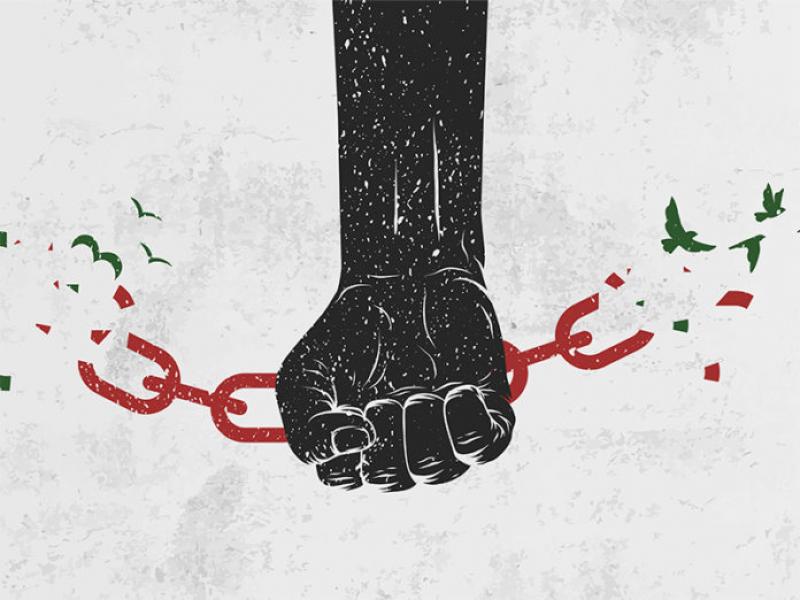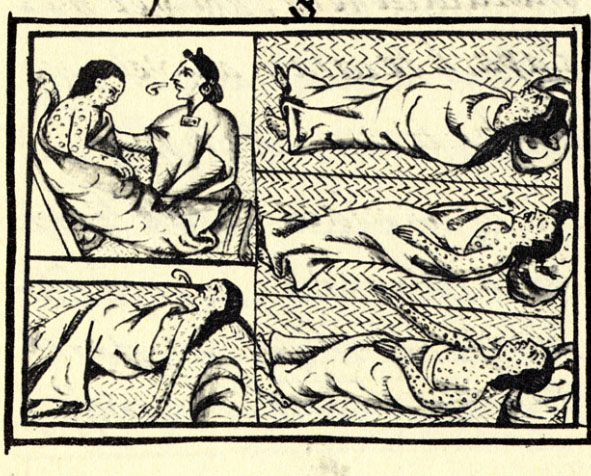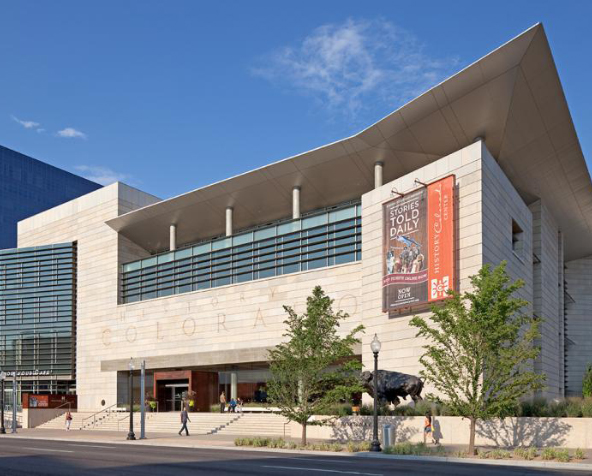Freedom Delayed: Faculty Q&A on Juneteenth

With Chancellor Jeremy Haefner designating June 19 — better known as Juneteenth — an official paid holiday, the University of Denver Magazine invited history professors Elizabeth Escobedo and Susan Schulten to discuss the day’s significance and legacy.
For those who don’t know, what is Juneteenth? What happened in Texas that day, and why did it take so long for word of the Emancipation Proclamation to reach the Lone Star State?
SCHULTEN: On June 19, 1865, Union General Gordon Granger landed at Galveston Bay and read a military order informing Texans that the U.S. government intended to enforce the Emancipation Proclamation. What’s astonishing, of course, is that this is two and a half years after the proclamation had been issued, and two months after the war had ended at Appomattox. The Thirteenth Amendment had been passed by Congress six months earlier, yet slavery remained in Texas. Thus, Granger’s order in June 1865 reminds us that emancipation was not given, but forced upon many slaveholders in the American South.
ESCOBEDO: The Emancipation Proclamation went into effect on Jan. 1, 1863, but was not implemented in places still under Confederate rule and control. Texas was relatively isolated from Union and Confederate forces during the Civil War, and for quite some time Texas had become a safe haven for enslavers who migrated there with those they enslaved to ensure that that they would not have their “property” confiscated and that Blacks would not hear any news of freedom. You have a couple of factors at work: news traveling slowly to Texas given the lack of communication networks and the willful neglect of enslavers to share the word of emancipation with those they enslaved.
Why has this date, as opposed to the date on the proclamation itself, resonated with so many Black Americans?
SCHULTEN: The freedmen and freedwomen of Texas began to celebrate the day in 1866, and what’s crucial is the way they carried that tradition with them as they migrated out of Texas in subsequent years and decades. Denver has long had a robust Juneteenth tradition, in part because so much of the African American population comes from Texas.
Granger’s order itself is also really revealing and important. In it, he declares slaves to be free, with an “absolute equality of personal rights and rights or property.” But in the next sentence, he advises former slaves to “remain at their present homes and work for wages.” They are not encouraged to seek better arrangements elsewhere, nor will they be supported in any way by the military in their newfound condition of freedom.
What was it like for enslaved people on June 19? Do we have any accounts that capture their responses?
ESCOBEDO: The day of June 19, 1865, started out like any other for enslaved people in Texas. Blacks were engaging in coerced, hard labor harvesting sugar cane and cotton. Enslaved people in Texas were still living in bondage, without any semblance of freedom.
African Americans had been engaging in acts of resistance against slavery since its inception, so it is not surprising to hear that a federal proclamation announcing the end of the institution brought much jubilation. In the 1930s, the Works Progress Administration interviewed formerly enslaved people about their time in slavery, and many who had been enslaved in Texas shared stories of June 19 and what it meant to be “free.” According to these accounts, when word came that slavery was over in Texas, there was much elation, celebrating, dancing and singing with loved ones. And there was also movement. Many formerly enslaved people left plantations, traveling to other states or other parts of Texas where federal troops were located, eager to reunite with family members and to escape their situations.
But it is also important to recognize that enslavers did not easily give up their power, or their free labor source, and many Blacks continued to be treated as enslaved peoples without compensation for their labor well after Granger’s announcement. Many whites in Texas continued to enslave people who had not yet heard the news; and even those who had heard the official news were forced, via threats and outright violence, to maintain the status quo. Southern states passed Black Codes, a series of laws to restrict African Americans’ freedom and return Blacks to a condition of servitude. And, of course, after Reconstruction, race massacres and Jim Crow laws further institutionalized state violence, segregation and disenfranchisement of Blacks, leaving the legacy of “freedom” elusive at best.
When was the day first commemorated?
ESCOBEDO: Blacks immediately rejoiced in Galveston after hearing word about emancipation, yet the news continued to arrive at different times in different locales in Texas as word spread throughout 1865. Local Blacks eventually decided that June 19 would be the official marker of Black emancipation. From 1866 onward, Black families and community members celebrated the holiday with parades, prayers and songs; with picnics and barbecues filled with fried chicken, collard greens and homemade strawberry soda; and with reunited families and members of the older generation taking the opportunity to share with the young their experiences in slavery. And as more and more African Americans began to leave the South during the Great Migration, these celebrations followed them. African Americans engaged in resistance and cultural survival by maintaining their Juneteenth traditions in their new homes in the North and West.
What makes June 19 a good candidate for a holiday — whether institutional, state or national?
ESCOBEDO: Juneteenth is a good candidate for a holiday given that Blacks have been celebrating the official end of slavery and sharing its joy and history with their families and communities since that initial day in 1865. And yet to this day, there is no date officially commemorating the end of slavery in the United States on the national level.
This official recognition is a necessity, given that the United States has yet to come to terms with the legacies of slavery. We can start by accurately teaching this brutal history and its repercussions for the present day. Unfortunately, Black Americans still have not achieved full emancipation and freedom in the United States. So it is critical to recognize and acknowledge this shameful history and reality. Juneteenth can be a good opportunity for the rest of America to start to come to terms with its past.
SCHULTEN: I’d answer that in two ways. First, it’s based on the lived experience of African Americans, and therefore a meaningful way to commemorate the end of slavery. There have been several attempts over the years to memorialize the end of slavery in some way. The original Memorial Day celebrations involved freedmen laying flowers at the graves of Union soldiers, in gratitude. But Memorial Day, of course, has come to encompass a much larger notion of military sacrifice that is not tied just to the Civil War. President Harry Truman proposed a National Freedom Day based on the passage of the Thirteenth Amendment, but it didn’t stick. What makes Juneteenth meaningful is that it’s born from the African American community itself, an organic celebration based on the experience of freedom rather than the moment a proclamation was signed in Washington, DC.
Second, and just as important, Juneteenth reminds us that emancipation was delayed. Texas slaves were not liberated by Lincoln’s Emancipation Proclamation. Texas slaves, like almost all slaves, were liberated by the force of the military in the months and years thereafter. Juneteenth reminds us that emancipation was, and continues to be, a process.
What, from a historian’s perspective, should we reflect on as we observe this day in the future?
ESCOBEDO: State and local governments, corporations, schools, institutions of higher learning, and non-Black Americans must do more than simply enjoy a paid holiday or day of observance off from work and school. This day should be a time of deep reflection on our nation’s violent and inequitable racial past and present, and an impetus to be a part of the substantive change to end white supremacy and systemic racism. It will take much more than symbolic and increased recognition of Juneteenth to combat anti-Black racism and violence, and much of this reconciliation will rest upon the need for targeted supports for Black Americans, and a reckoning and restitution from white America and its institutions.
SCHULTEN: Given the timing of the holiday — just a few weeks before American Independence —there’s an opportunity to think about the way that declarations of freedom might be considered alongside the much more complicated lived experience of freedom.
I grew up in California, and had lived on the East Coast for six years, but had not heard of the holiday before moving to Denver 24 years ago. I learned about it from our departmental administrator and longtime DU employee, Yasmaine Ford, who grew up celebrating the holiday annually in Five Points. It was a regional holiday because so much of Colorado’s African American population came out of Texas. And I have always been so struck by the way that this day — which marked the long denial of freedom — became a source of strength, joy, and celebration for the African American community.







